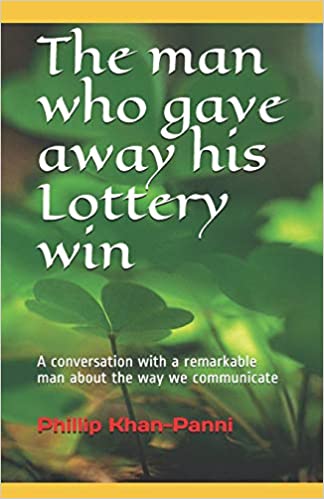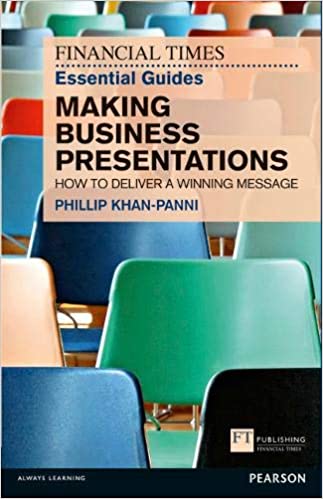When I came to live in Ireland, last year, I hoped to keep in touch with England through The Times. It was, however, never quite the same paper as I’d get in London. And then, quite recently, they abandoned all pretence and made it an Irish paper: The Times, Ireland edition.
It was, in effect, an alternative Irish Times. Irish stories, Irish perspective on international stories, pages of Irish sport. But evidence of untidy editing, when deciding which pages to cut for the slimmer Ireland edition. Saturday’s 48 page paper carried a puzzle with the solution on (the missing) page 55.
Historically, that used to be the problem with The Guardian.
The brilliant English of the Irish
The Sunday Times has already been Irish for many a year, and leads on the front page this week with Ireland’s Budget. The rest of the paper is Irish too. Much more so than the daily Times. For my accustomed diet of English news, I am having to rely on The Guardian and The Observer.
That said, the standard of writing by Irish journalists is outstanding, both for the thoughts and values expressed and for their command of written English. Conor Brady this week addresses the growing problem of home ownership, urging radical action now that most of the easy fixes have been tried and found wanting, saying that “holding on to the bit of land is hardwired into the (Irish) DNA.”
Justine McCarthy rails eloquently and brilliantly against the inflammatory behaviour of the American President. She calls Trump “a vulgar, inarticulate, sleazy, self-obsessed, lying Twitter boot boy” and adds, “The deeply shallow (i.e. Trump) have a way of bringing others down to their own superficial level of judging a book by its cover, saving them the trouble of ever reading it.”
Language nuances
I hear subtle differences in the use of the spoken language too – small differences that I sense more than I can define.
On the radio this morning the announcer quoted a certain newspaper and said, “So says the Daily Whatnot”. So says … It’s a phrase you’d read in a book, but seldom hear in day-to-day speech in England. Notice how quaint it sounds to sing “For he’s a jolly good fellow, and so say all of us.” And yet, how pleasing to hear.
The more obvious differences are in the choice of verb, when there are two similar words. Bring instead of take, go instead of come, will instead of shall. Will I bring my bicycle when I go?
Singing is popular
Our favourite pub in Naas has introduced singing in the back bar once a week. Previously the owner was agin it, but has had a welcome change of heart.
Last Thursday we sat at the back and I joined in one of the songs. On our way out, I was complimented on my singing and invited to sing solo with the musicians. I obliged with “You Raise Me Up” and followed it up with “Peace in the Valley” in the style of Tennessee Ernie Ford.
Will I be invited to sing again, the next time I go?
Meanwhile, the Barbershop singing season is about to re-start, with the annual Convention in early October, in Cork. Singing and speech making – two of my passions, much favoured on this side of the water, adding so much pleasure to the autumn of my years.

